SUMMARY
This is AI generated summarization, which may have errors. For context, always refer to the full article.
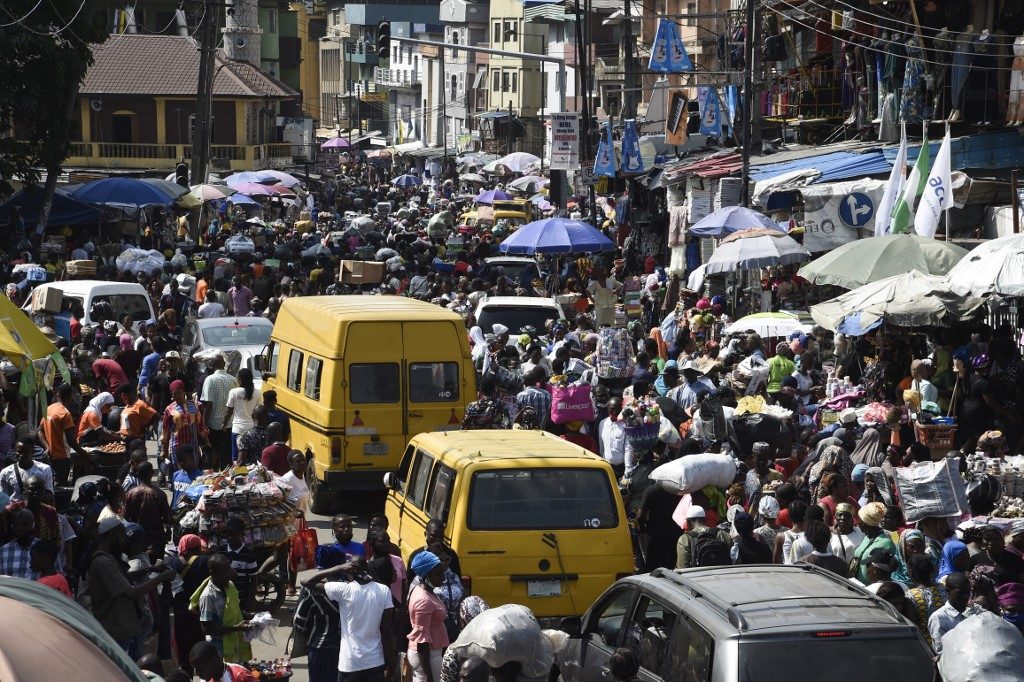
The Nigerian government said on Wednesday, November 11, it had ratified the African Continental Free Trade Area (AfCFTA) – a key step towards the long-negotiated creation of the world’s largest free trade area.
The deal, signed by 54 of the African Union’s (AU) 55 member states, commits countries to 90% tariff cuts within a 5-year period.
The AU estimates it will boost trade by 60% between the continent’s 1.2 billion people by 2022.
The agreement, which focuses on removing non-tariff trade barriers, was launched at a Niger summit in July, but its implementation was delayed by the coronavirus pandemic.
Nigeria, home to 200 million people, was seen as hesitant to ratify the deal because its economy is largely dependent on oil, a commodity traded globally rather than within the continent.
West Africa’s powerhouse has also resorted in the past to protectionist measures, such as when it suddenly closed its borders in August 2019.
That Nigeria has now ratified the continent-wide treaty “stands in marked contrast to a border closure policy which has alienated the country’s neighbors,” said Ikemesit Effiong, head of research at SBM Intelligence, a geopolitical consultancy in Nigeria.
Eritrea is now the only country left to ratify the agreement before a December 5 deadline.
AfCFTA is meant to take effect on January 1, 2021, but delays are expected.
“Important differences remain, not just between countries but between different regional blocs,” said Effiong.
“There simply isn’t enough time to wrap up the negotiations in time to meet the implementation period.”
Amaka Anku, Africa analyst at Eurasia group, has described the deal as a positive step but said it was still “a long way from taking off.”
African countries currently trade only about 16% of their goods and services among one another, while 65% of their trade is with European countries. – Rappler.com
Add a comment
How does this make you feel?

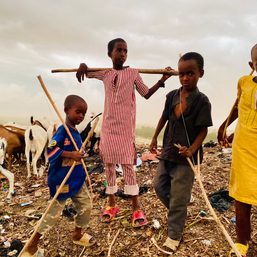
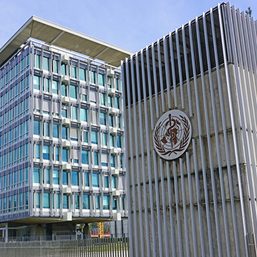
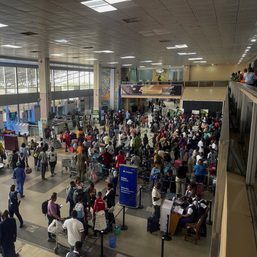
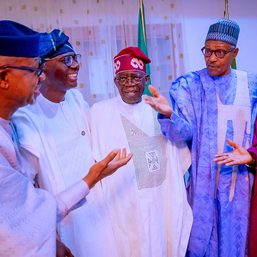
There are no comments yet. Add your comment to start the conversation.